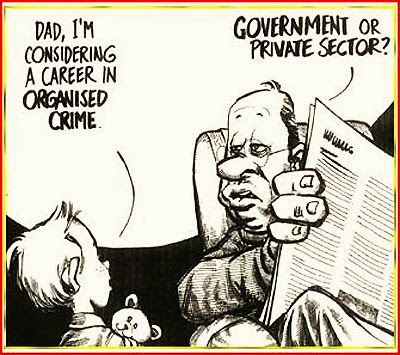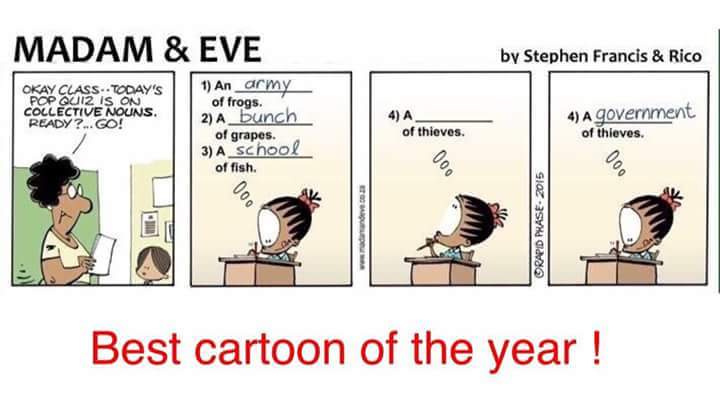The original expression and meaning, "Cool, calm and collected" was used as a joke in stockbroking firms. In the old days, before CDS, share certificates need to be collected after purchase. Initially, speculators bought for a quick gain within T+3 days. If a mistake in having bought and share price came down instead, buyer is said to remain cool and calm. But by the last day, he might decide to pay for the purchase instead of the loss plus incidental charges, and collect the share certificate.
I am reminded of this when I read the headline in The Sun posted on February 17, 2016:
Basically, EPF had realised and cut its losses in FGV, while the other funds holding on, have book losses to date. Seems like the funds were told to support FGV in its IPO, and were left to carry the baby, putting on a brave front and describing it as long term investments. Cool, calm and collected indeed. To me, it is better described as enforced long-term investment!
Link
I am reminded of this when I read the headline in The Sun posted on February 17, 2016:
Tabung Haji: Shares in FGV a long term investment
"Lembaga Tabung Haji (TH) has defended its decision to maintain its shares in Felda Global Ventures Berhad (FGV) despite its falling price over the years, calling it a long term investment.
"TH would like to explain that our investment in FGV's shares is a strategic long-term investment in one of our core investment sectors," it said in a statement today.
Explaining that the falling share price was due to the drastic decline in the market price of crude oil, the pilgrimage fund assured its depositors that their savings are safe with the company.
"The fall in crude oil price has caused commodity-based companies (like FGV) to be directly affected, with a negative impact on plantation counters. The drop in price is beyond our control as it is determined by the power of the existing market.
"However, we assure all our depositors not to be worried as their savings in TH is not missing as claimed by certain quarters, their savings are guaranteed," it added.
National Oversight and Whistleblowers (NOW) director Rafizi Ramli, on Tuesday, revealed that TH has lost RM933 million through its shares in FGV despite being aware of its falling prices.
He explained that TH had invested RM1.38 billion when purchasing 7.78% of FGV's shares on June 28, 2012 at RM4.54 per share, and that its current value has dropped to RM1.60 per share.
Rafizi said despite netting a sale profit of RM7.6 million, the current share value held by the pilgrimage fund only stood at RM454 million, making its accumulated losses at over RM933 million."
FGV and Felda are again in the news because of their recent separate attempts to buy 37% of Eagle High Plantations in Indonesia, at a much higher price than recent market average. After FGV gave up, it was eagerly offered by Felda, such was the keen interest which inevitably resulted in suspicions, especially when the seller is reportedly close to PM Najib.
That EPF has sold off its remaining shares in FGV, even if after its failed bid for EHP, shows the lack of confidence in FGV's turnaround and long term viability.
Will other public bodies join EPF in dumping FGV?
"The Employees Providence Fund (EPF) divestment of its entire stake in Felda Global Ventures (FGV) has raised questions over the viability investments by other public bodies.
Two major FGV shareholders are the Retirement Fund Incorporated (KWAP) and Lembaga Tabung Haji. These institutional investors mostly invested in FGV during the initial public offering stage."
Rest of article (for subscribers of Malaysiakini): https://www.malaysiakini.com/news/367225?utm_source=dlvr.it&utm_medium=facebook
Basically, EPF had realised and cut its losses in FGV, while the other funds holding on, have book losses to date. Seems like the funds were told to support FGV in its IPO, and were left to carry the baby, putting on a brave front and describing it as long term investments. Cool, calm and collected indeed. To me, it is better described as enforced long-term investment!











